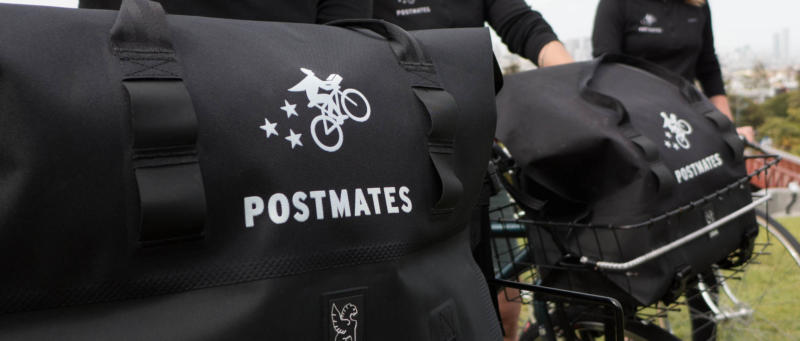Uber and Lyft drivers, along with a list of other gig workers in California, may have something to cheer about now that a new law has passed to give contract workers more protections. The California state Assembly passed AB5, a bill that would require status changes to contract workers to complete essential tasks for companies.
The law is also set to impact exotic dancers and manicurists; however, hairstylists, doctors, lawyers, real estate agents, and financial advisers will be exempt from the rules because they work as true independent workers under their own companies, according to Vox.
Under AB5, companies can only label workers as contractors if the worker:
(a) is free from the company’s control, (b) is doing work that isn’t central to the company’s business, and (c) has an independent business in that industry. If they don’t meet all three of those conditions, then they have to be classified as employees.
Misclassification of workers has helped major companies save money for years on contract workers. AB5 will require that workers are paid a $12 minimum wage, along with parental leave, workers’ compensation, overtime pay and more.
Companies like Uber, Postmates, and Instacart are not expected to be happy about the new legislation, considering some of their previous lawsuits pertaining to paying delivery drivers. The lure of gig jobs is usually convenient for workers, but many wonder if it is worth it after lengthy hours, little pay, and even fewer benefits.
Uber and Lyft stopped hiring new drivers in New York City earlier this year after legislation required the companies to pay drivers at least $17.22 per hour. Lyft sued New York City in January, alleging the new rules will create unfair competition between ride-hailing companies and taxis.
Food delivery startups like Postmates, Instacart, and DoorDash have also received backlash this year for how they pay workers. Each company has avoided labeling drivers as employees, to save money on benefits.
Postmates workers began requesting minimum delivery guarantees and higher wages after the company changed its pay structure. Postmates nixed its $4 minimum guarantees for each job drivers completed, causing worry for contractors who feared they would be working below the minimum wage.
Instacart and DoorDash received similar backlash for subsidizing drivers’ tips, marking a trend in gig delivery drivers’ pay.
As contract workers push for higher wages and better benefits within multi-billion dollar companies, lawmakers across the country are looking for more ways to collect taxes from workers and employers. California’s law is groundbreaking as it has one of the highest populations of gig workers in the country. New York City is building out more legislation and other big cities are set to follow.

